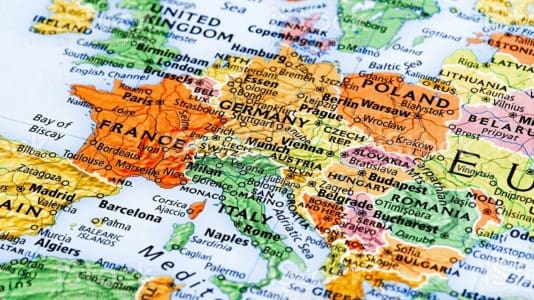Pharmaceutical giant Pfizer has gone from being part of the solution to part of the problem after insisting that the European Union must adhere to its contractual commitment to purchase a further 70 million Covid-19 vaccines, despite there no longer being a demand for the product, Poland’s Health Minister Adam Niedzielski warned on Tuesday.
In an open letter to Pfizer shareholders published on his Twitter account, Niedzielski claimed that the further delivery of vaccines would be “utterly pointless from a public health point of view,” as it is no longer required en masse across the bloc, and the doses would not even be able to be donated to support other non-EU countries due to limited demand.
The Polish minister explained that Europe is living in a “completely different reality than two years ago,” and the war in Ukraine has used up substantial financial resources of EU member states. He suggested that Pfizer has made enough money from the European Union’s procurement of its Covid-19 vaccinations and called on executives at the pharmaceutical giant to practice more corporate social responsibility by essentially letting the European Union off the hook for the remaining doses.
Negotiations between the EU executive and Pfizer on the issue did bring about a compromise, with Pfizer agreeing to reduce the obligated supply of doses, providing a cancellation fee of half the value paid. Niedzielski, however, believes this is an unsatisfactory solution.
“The current proposal from Pfizer includes a dose reduction, but this still requires the payment of a cancellation fee – half the price for a dose that hasn’t even been produced. The charges are literally for unmanufactured doses that have not yet been and will never be produced and thus will not cost Pfizer a penny,” he stated.
The Polish minister added that while Pfizer had been a key player in vaccine production, which he said had resulted in tens of millions of lives being saved worldwide, the company had also profited hugely from the pandemic and claimed that “profit in business should also have its limits.”
“Despite my best will to find a compromise, Pfizer is not ready to show a satisfactory level of flexibility or make any realistic proposals answering the completely changed situation in Europe,” he wrote.
“Instead of showing solidarity, the company still wants to make money from funds allocated by EU member states solely for the protection of public health,” he added.
Niedzielski insisted there is still time for the company to show it is “about more than just earning money” and that “the common good and helping people are still the values that might have a place in the long-term goals and strategies of pharmaceutical companies.”






